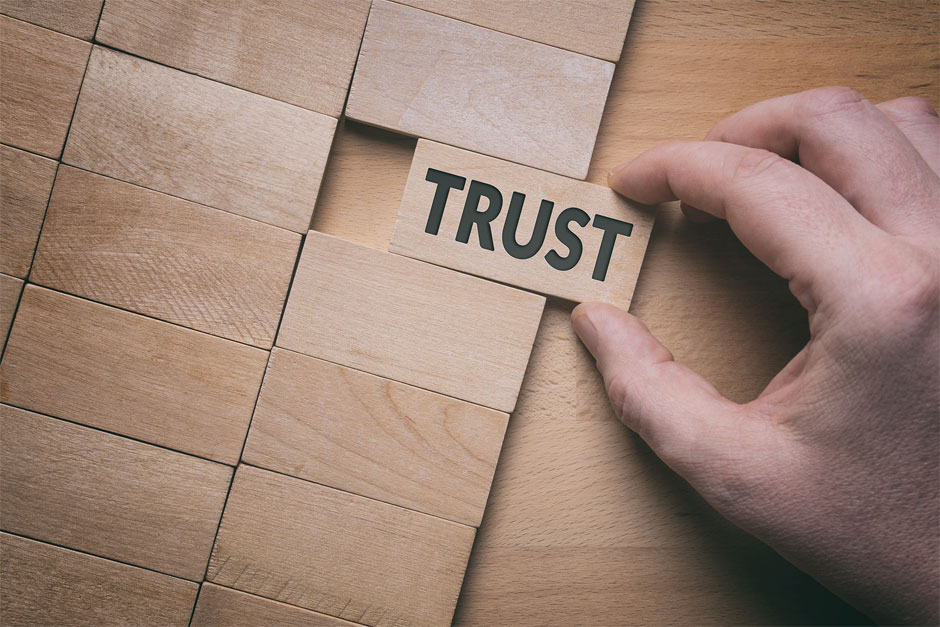If you or a loved one suffer from addiction, you are certainly aware that lies and manipulation are part of the illness. Addicts will do what it takes to keep using drugs or alcohol, even when that means losing the trust of the people they love. In recovery, many addicts grapple with the same problem: can they learn to be honest again after years of lying and manipulation?
This question might sound strange to someone who has not suffered from addiction. They generally see telling the truth as a simple choice. But anyone who has abused drugs or alcohol knows that the lies become habitual. Addicts start lying even about innocuous things, as non-truths become a defense against a deep-seated sense of shame and guilt.
Often, it is a pattern of lying that leads a recovering addict down the path to relapse. When you’re used to hiding things and presenting a false image of yourself, it can seem easy to start using again. “No one has to know.”
There are two essential factors that will help you learn to be honest again: managing shame and effective communication.

Managing Shame
Addiction is often triggered by a difficulty regulating emotions. When you feel sad, it is difficult not to spiral into despair. When you feel anxious, the road to fear is short. And when you feel shame, it can seem unbearable just to be yourself. You begin using drugs and alcohol to numb out these feelings or replace them with another.
Once you have stopped using, you still need to learn to regulate your emotions in a healthy way. However, feelings like shame elicit a familiar defense – lying and manipulation.
You will train extensively in emotion regulation in rehab. Emotion regulation is not about using artificial means to numb out your feelings. Rather, it is learning to feel those feelings without reacting. When you feel shame, you let the emotion rise and fall on its own, without trying to change it.
Emotion regulation tools are counterintuitive at first, but you will soon start reaping the rewards. Once you are able to manage your shame, you will find yourself experiencing the urge to lie less often.
Learning to Communicate
The other important component in learning to be honest again is building effective communication skills. Everyone struggles with communication, even those who have never suffered from addiction. But addicts have a particularly struggle, as continued use of substances breaks down what communication skills you already have.
By learning effective communication skills, you are not simply learning not to lie. On the contrary, you are gaining a box of tools to help you connect with others in an entirely new way. This new approach will improve your relationships, making them stronger than they were before you started using substances. It is not a matter of willpower, but of knowing how to be vulnerable and to share.
You may struggle with the truth, even as you stop using substances. However, in rehab you will learn to be honest again and begin communicating more effectively than ever before.




